Handling a Chipped Tooth Like a Pro


Understanding Chipped Teeth
Chipped teeth can occur due to a variety of reasons and often come with distinct symptoms. Understanding the causes and indicators of a chipped tooth can help individuals determine what to do about a chipped tooth.
Causes of Chipped Teeth
Chipped teeth can happen for numerous reasons. These can include physical trauma, poor dental hygiene, or dietary choices. Here are some common causes:
CauseDescriptionAccidentsFalls, sports injuries, or other accidents can lead to chipping.GrindingBruxism, or teeth grinding, can wear down enamel and cause chips.Hard FoodsBiting into hard foods like candies or nuts may chip a tooth.Dental DecayWeakened teeth due to decay are prone to chipping.
For more information on how to take care of your teeth daily, refer to our article on how to take care of your teeth daily?.
Symptoms of a Chipped Tooth
Symptoms of a chipped tooth can vary based on the severity of the chip. In many cases, individuals may not experience pain if the chip is small and does not expose the nerves. Common symptoms include:
SymptomDescriptionSensitivityThe affected tooth may feel sensitive to hot or cold temperatures.Rough EdgesThere might be a noticeable roughness on the edge of the tooth.DiscomfortDiscomfort may arise if the chip exposes nerves, leading to pain.Visible DamageThere may be visible cracks or breaks in the tooth structure.
If sensitivity is present, it can be beneficial to understand the causes of tooth sensitivity and how to manage it.
Recognizing the causes and symptoms is crucial in addressing the issue and seeking appropriate treatment. Regular check-ups can also help in identifying and preventing conditions that may lead to a chipped tooth. For further insights, explore our content on different types of teeth and their functions and importance of regular teeth cleaning.

Evaluating Chipped Teeth
Chipped teeth require careful evaluation to understand the potential effects and risks associated with leaving them untreated. Proper assessment can guide individuals on effective management and treatment options.
Effects of Chipped Teeth
A chipped tooth can lead to several complications that affect both dental health and daily life:
EffectDescriptionTooth DecayExposed areas may become prone to decay, especially if bacteria enter the damaged area.SensitivityA chipped tooth may cause sensitivity to pressure, hot, cold, sweet, and acidic foods and drinks, leading to discomfort.Mouth CutsSharp edges of the chip can result in cuts in the mouth, causing painful wounds on the cheeks, tongue, or gums [1].
Prompt evaluation is essential to mitigate these issues.
Risks of Untreated Chipped Teeth
Neglecting to address a chipped tooth can lead to more severe consequences. Key risks include:
RiskDescriptionIncreased VulnerabilityUntreated chips may lead to further breaks or chips, which can worsen the situation.InfectionBacteria can infiltrate the exposed area, resulting in decay or infections, potentially leading to more complicated dental issues [1].Pulp DamageLarger chips can reach the tooth's interior, leading to damaged pulp and increasing the chance of complications such as infections, possibly resulting in root canals or tooth extractions [1].
In summary, addressing what to do about a chipped tooth promptly is crucial for maintaining oral health. Dental professionals typically recommend various treatment options, including filing, dental bonding, crowns, onlays, or veneers to restore the tooth and protect against future damage. Various treatments can significantly enhance both dental health and quality of daily life.

Treatment Options for Chipped Teeth
When dealing with a chipped tooth, understanding the treatment options available is essential. The approach may vary based on the chip's size, location, and symptoms.
Repairing Minor Chips
For minor chips, treatment may be quite simple. In many cases, a dentist can smooth and polish the affected area to restore its appearance. Dental bonding is another effective method for minor chips. This technique involves applying a tooth-colored resin material to the tooth and hardening it with a special light. It is non-invasive and relatively affordable, making it an appealing option for many patients [2].
Treatment TypeDescriptionEstimated CostSmoothing and PolishingSimple procedure performed by a dentist to create a smooth surface.$50 - $200Dental BondingApplication of tooth-colored resin to repair minor chips.$300 - $600
Restorative Procedures for Larger Chips
Larger chips may require more comprehensive treatment to restore the tooth properly. Options include reattachment of the chipped piece, dental onlays, or porcelain veneers. These procedures not only improve the cosmetic appearance of the tooth but also protect the underlying structure.
Treatment TypeDescriptionEstimated CostReattachmentBonding the original piece back to the tooth if intact.$250 - $500Dental OnlaysCustomized restorations that cover the damaged area of the tooth.$700 - $1,200Porcelain VeneersAesthetic coverings for the front of the tooth for improved appearance.$900 - $2,500
Determining what to do about a chipped tooth generally depends on the severity and symptoms present. Early evaluation and treatment are crucial to prevent further complications, including increased risk of decay or infection [3]. For further insights on dental health, consider reading about the importance of regular teeth cleaning and other preventive measures.
Professional Treatment for Chipped Teeth
When dealing with a chipped tooth, it is essential to seek professional treatment. Dentists offer several effective options tailored to the severity and location of the chip. This section highlights two popular methods: bonding and dental veneers, as well as crowns and onlays.
Bonding and Dental Veneers
Dental bonding is a straightforward procedure that often doesn't require numbing the tooth. In this process, the dentist first roughens the surface of the chipped tooth with a gel or liquid to enhance the adhesion of the bonding material. A tooth-colored resin material is then applied and hardened with a special light. This method is quick, effective for minor chips, and relatively inexpensive [2].
Treatment TypeIdeal forEstimated CostLongevityDental BondingMinor chips and cracks$100 - $400 per tooth5 - 10 yearsDental VeneersMore significant cosmetic issues$800 - $2,500 per tooth10 - 15 years
Porcelain veneers can also be recommended for larger, more visible chips. Veneers are thin shells of porcelain that cover the front surface of a tooth, enhancing its appearance while providing a protective layer. They are custom-made and usually require more time to apply compared to bonding.
Crowns and Onlays
In cases where a chip is more extensive or the tooth has suffered significant damage, dental crowns and onlays may be warranted. Crowns are designed to cover the entire visible part of the tooth, providing strong protection against further damage while restoring the aesthetics of the smile. They can be crafted from porcelain or metal depending on the patient's needs.
Dental onlays are a less invasive option. They are often recommended for molars and can last for decades. Onlays cover a specific portion of the tooth rather than the whole structure and are created using durable materials. Advances in technology have made it possible for some dentists to fabricate these onlays right in the office, allowing for same-day placement.
Treatment TypeIdeal forEstimated CostLongevityDental CrownsExtensive damage needing full coverage$800 - $1,500 per tooth10 - 15 yearsDental OnlaysModerate damage, preserving tooth structure$300 - $1,000 per tooth10 - 15 years
Patients experiencing a chipped tooth should consult their dentist for personalized recommendations on the most suitable treatment option. Understanding what to do about a chipped tooth will greatly contribute to effective recovery and maintain oral health.
Post-Treatment Care for Chipped Teeth
Proper aftercare for a chipped tooth is crucial for preventing further damage and maintaining oral health. This section outlines a recommended oral care routine and preventative measures to take following treatment.
Oral Care Routine
After a dental procedure to address a chipped tooth, it is vital to maintain a regular oral care routine. Dentists suggest a twice-daily brushing and daily flossing routine to keep the mouth healthy. The use of a fluoride toothpaste, such as the Crest Pro-Health collection, can assist in preserving oral health post-treatment.
Key elements of an effective oral care routine include:
ActionFrequencyBrush TeethTwice dailyFlossDailyUse Antimicrobial MouthwashAs needed
Regularly brushing teeth with proper technique helps reduce bacteria and plaque, which can lead to tooth decay. It is also advisable to brush after meals and before bedtime to maintain optimal oral hygiene [5].
Preventative Measures
In addition to an effective oral care routine, implementing preventative measures is essential to mitigate the risk of future dental issues. Leaving a chipped tooth untreated may result in increased vulnerability to further chips or breaks, infections, and potentially tooth loss [1]. Here are essential strategies:
Researchers are constantly looking into methods for preventing tooth decay, such as chewing gum containing xylitol or fluoride-releasing materials, to help bolster tooth health. By adopting these practices and remaining vigilant about oral care, individuals can protect their dental health and the integrity of their teeth while addressing concerns about what to do about a chipped tooth.
Special Considerations for Chipped Teeth
Treatment Differences in Children
When dealing with chipped teeth in children, special considerations are necessary due to the potential impact on their developing teeth. The primary concern for dentists is to prevent damage to the underlying permanent tooth, which is especially critical as a child's permanent teeth are not fully developed yet.
In children, treatment options may include:
Treatment OptionDescriptionReattaching the Broken PieceIf the chipped piece is salvageable, it can be reattached.Cosmetic ContouringMinor adjustments to the tooth to improve its appearance.Dental BondingA resin material is applied to repair the tooth.VeneersThin shells that cover the front of the tooth for aesthetic purposes.Root CanalNecessary if the chip has exposed the pulp.ExtractionIn cases of severe damage when the tooth cannot be saved.
Potential Complications and Follow-Ups
After treatment, follow-up care is essential to prevent complications. Complications can arise from untreated chips, such as infection, pain, or further damage to the tooth. Proper monitoring is critical, particularly in children to ensure that the permanent teeth develop correctly.
Post-treatment considerations include:
Follow-Up CareImportanceRegular Dental Check-upsEnsures that the treatment was effective and monitors tooth health.Monitoring SensitivityKeeping an eye on any sensitivity or discomfort following treatment.Maintaining Oral HygieneEmphasizing a routine to prevent further issues is crucial. Regularly brushing and flossing will support overall dental health. For specific techniques, check how to take care of your teeth daily?.
A child's dental health requires particular attention, especially after experiencing a chipped tooth. By being proactive and working closely with a dentist, parents can avoid complications and ensure their child's smile remains healthy and bright throughout their formative years. Additionally, understanding the different types of teeth and their functions can help in recognizing the importance of proper tooth care.
References
[2]:
[3]:
[4]:
[5]:
[6]:
[7]:
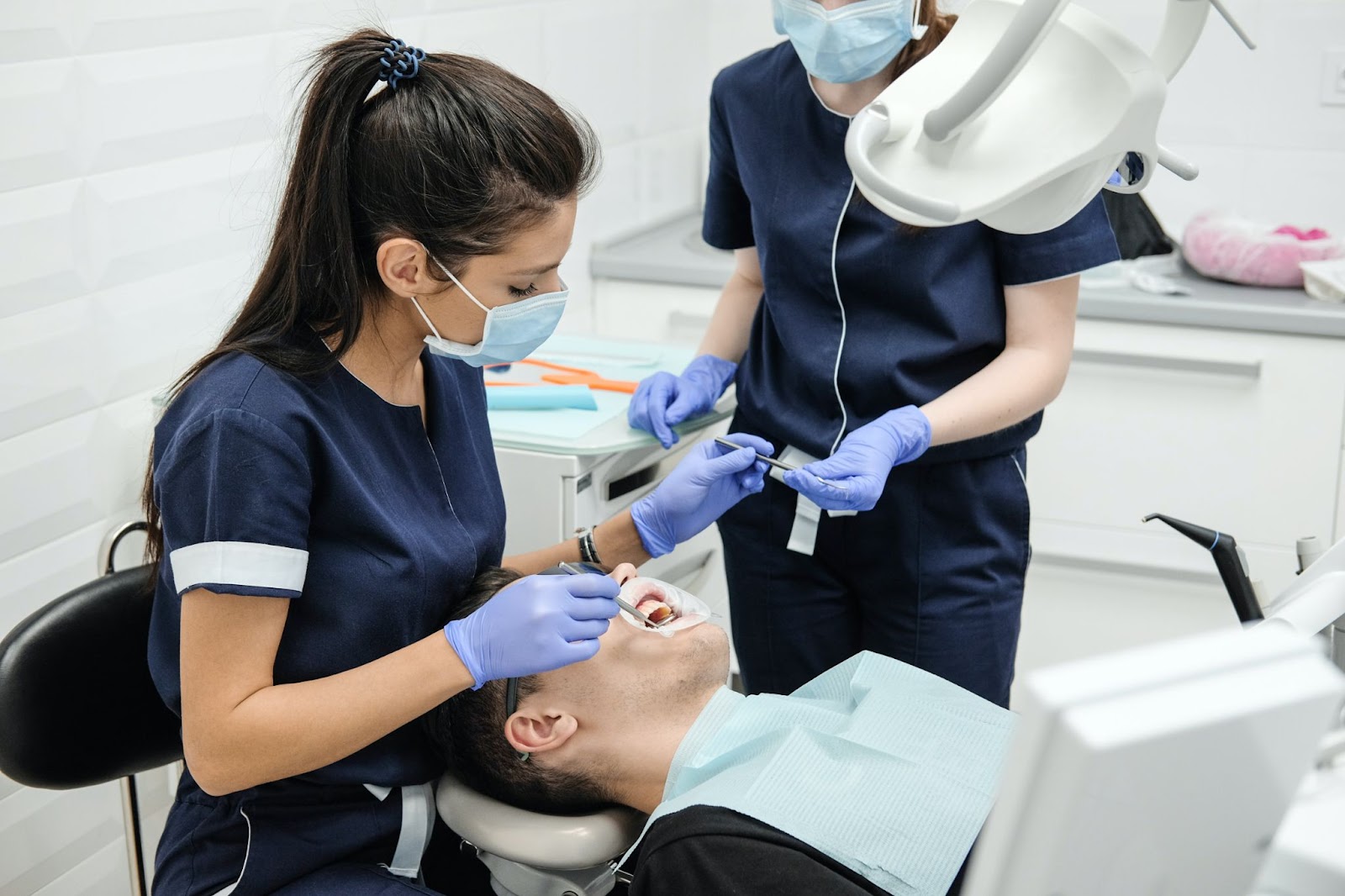






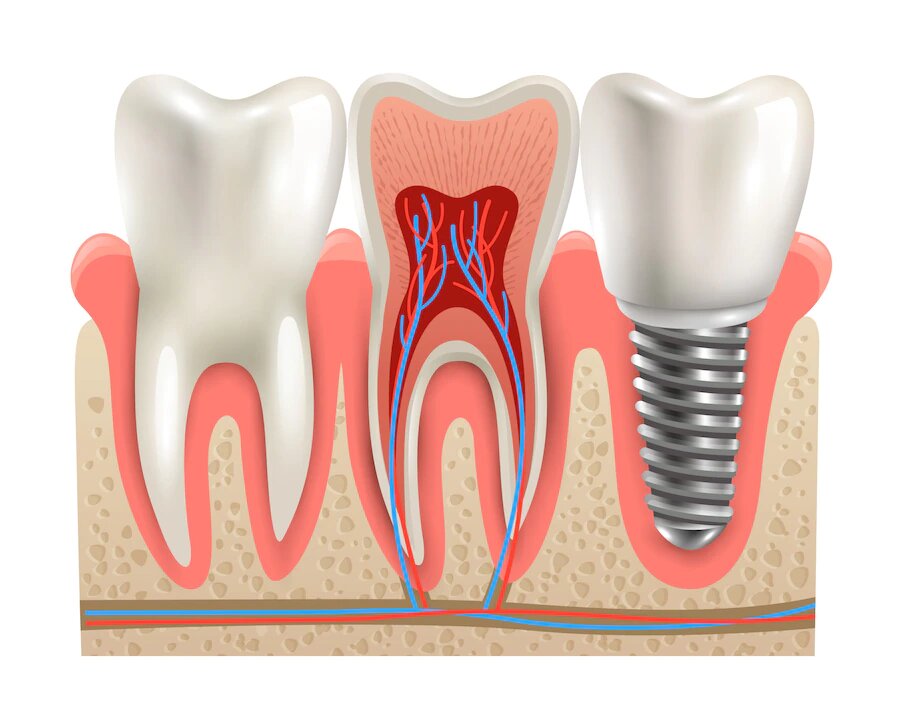
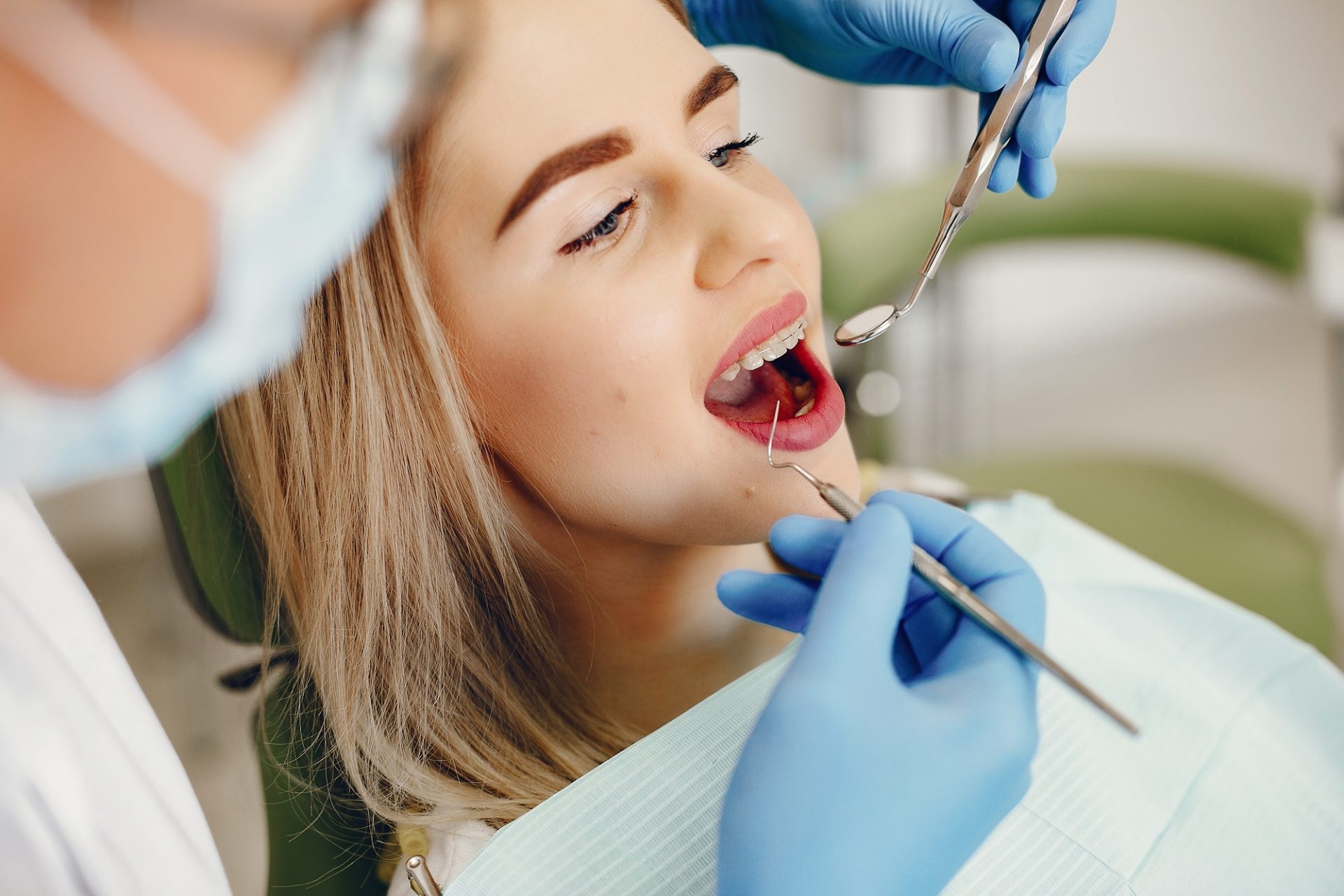









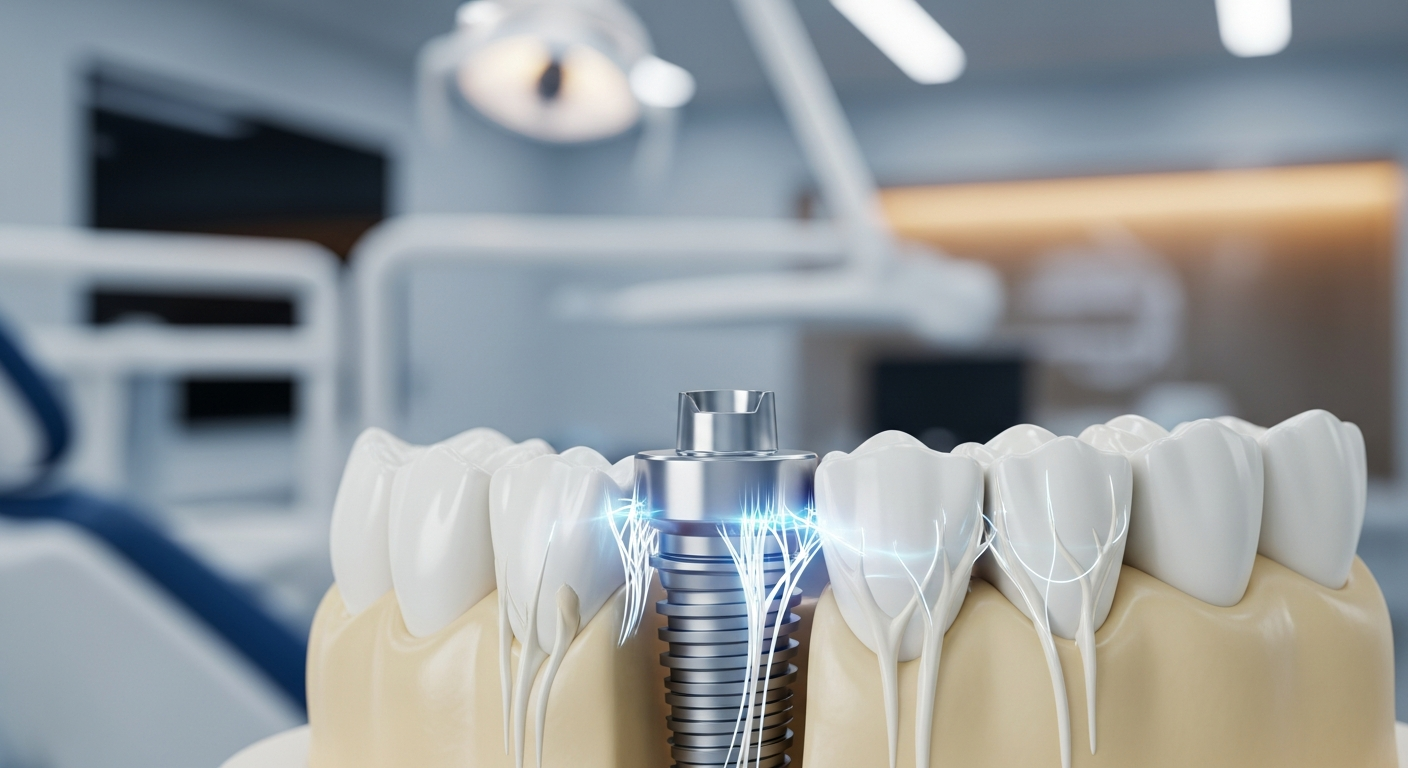
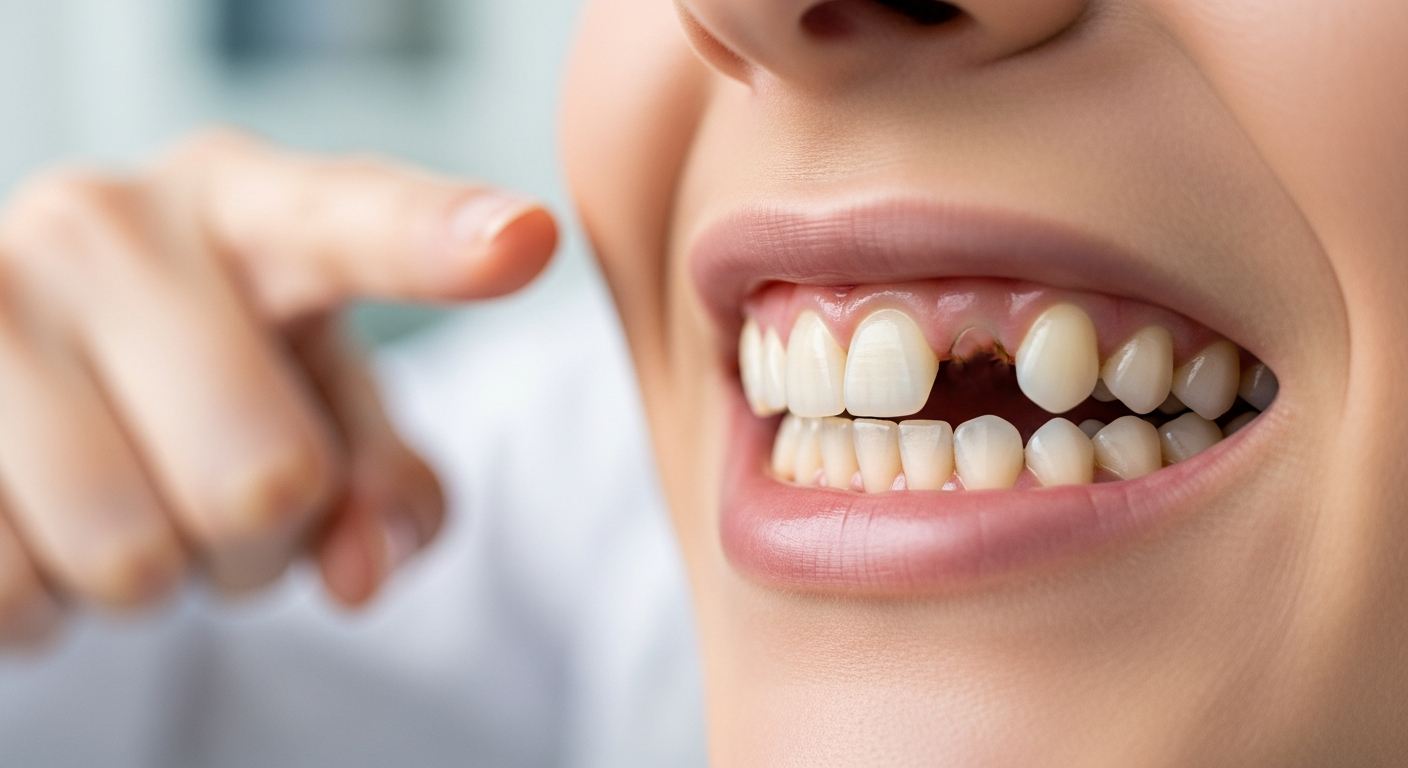





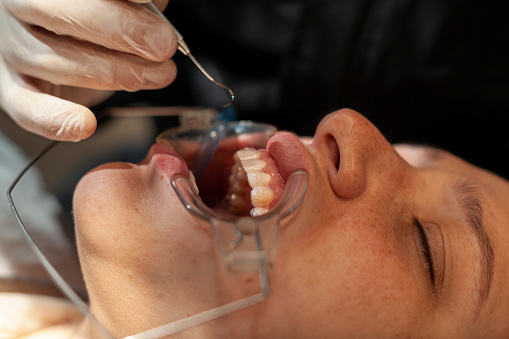

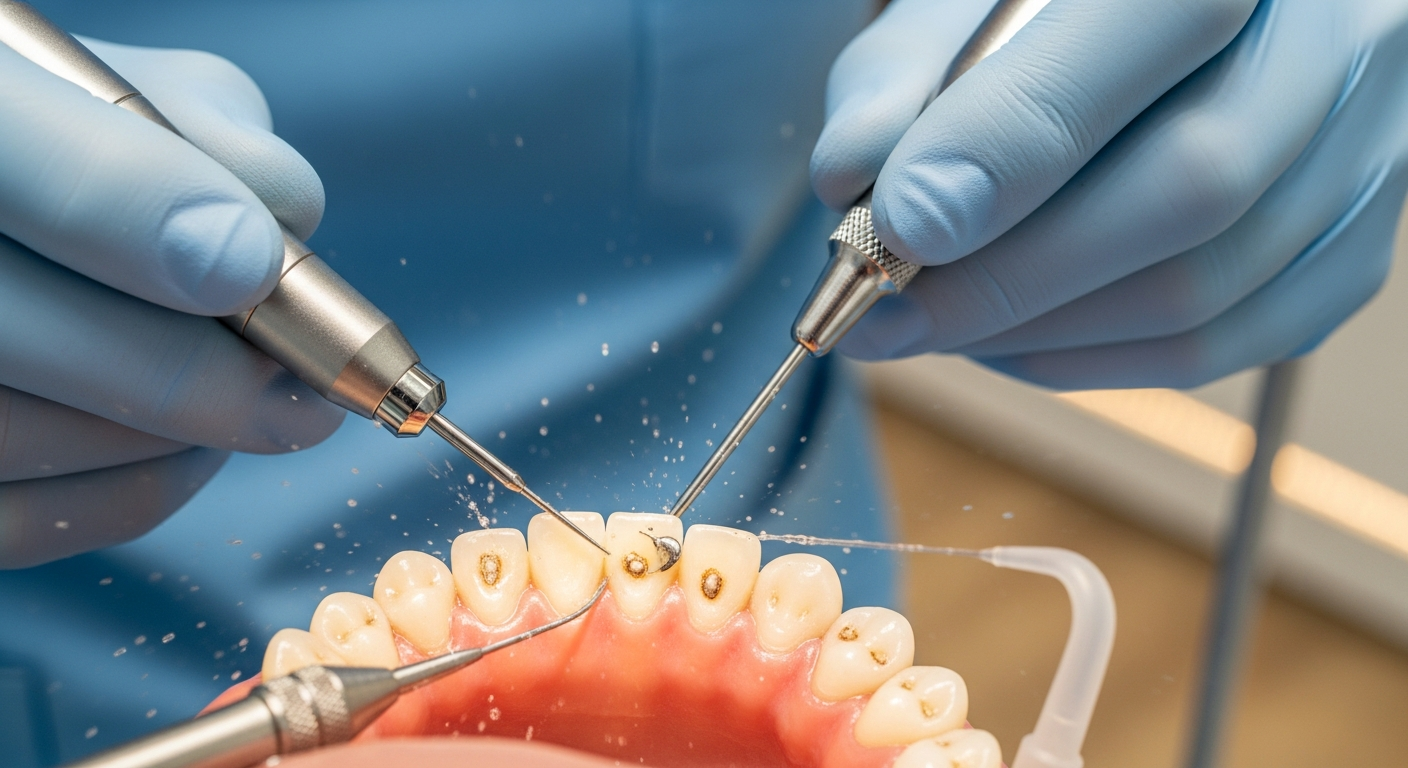


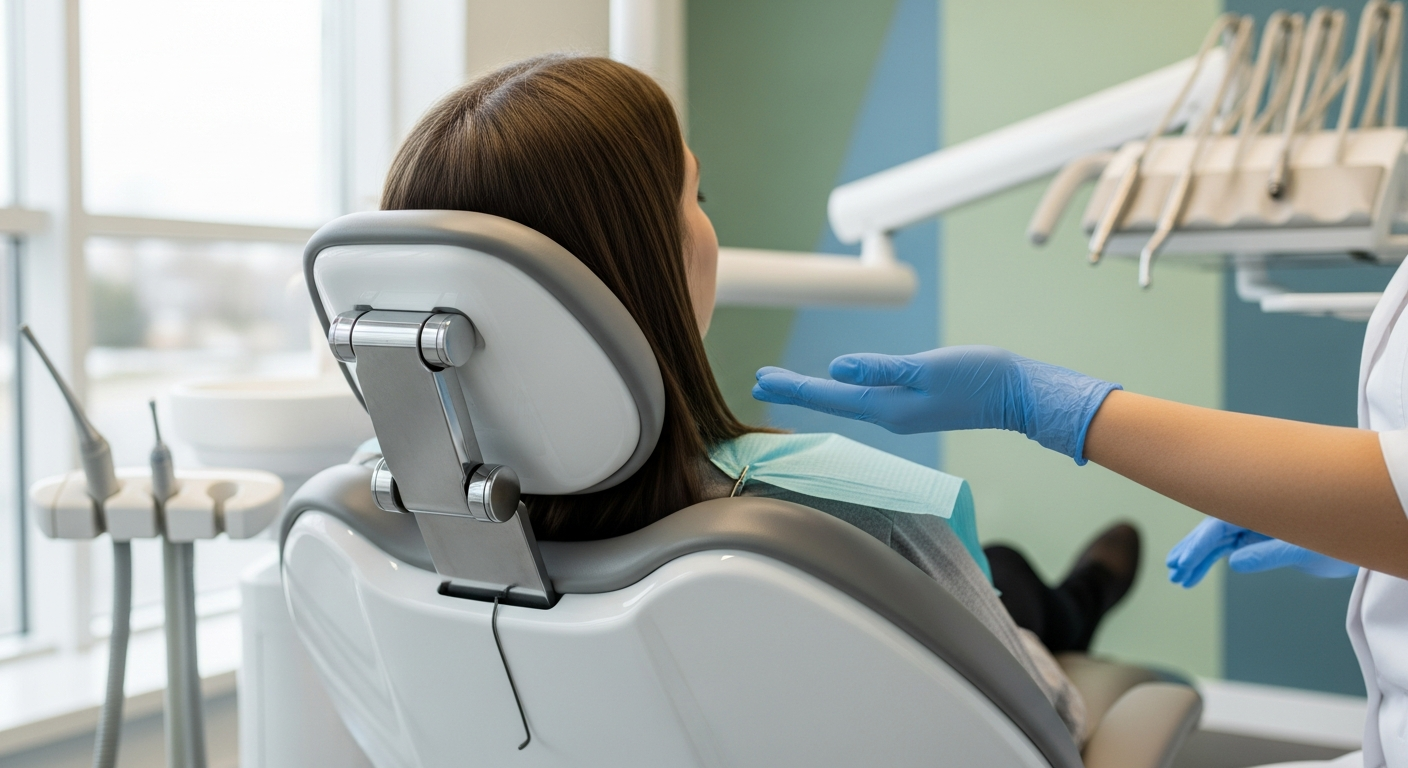

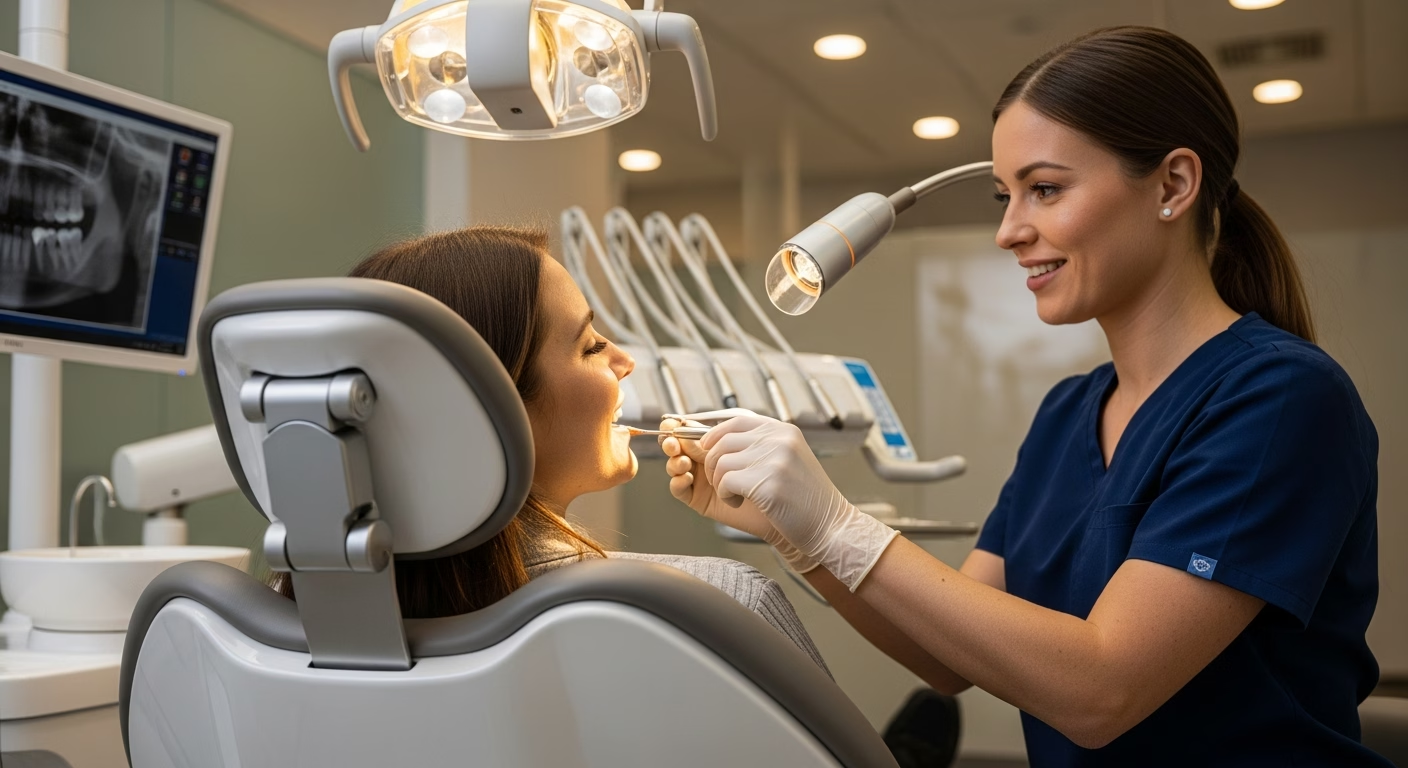
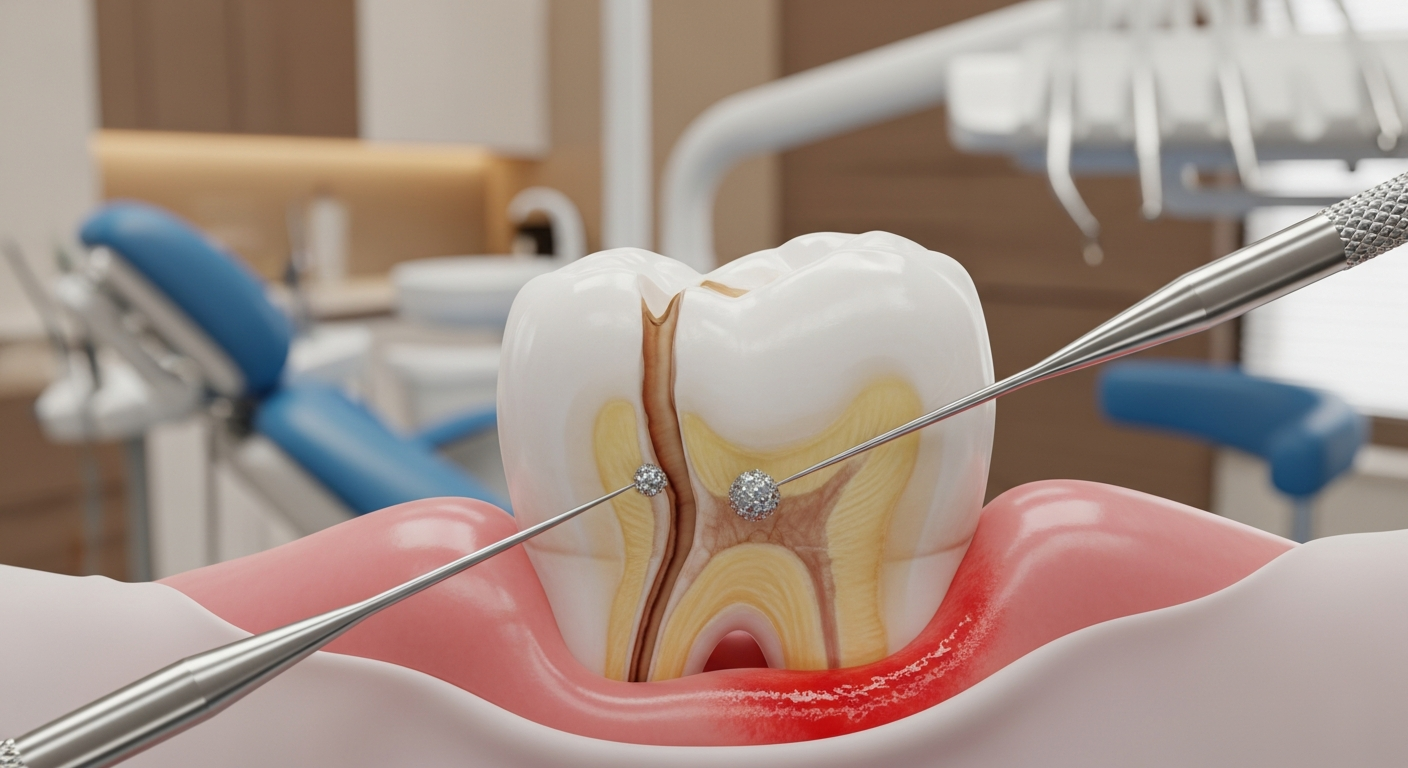




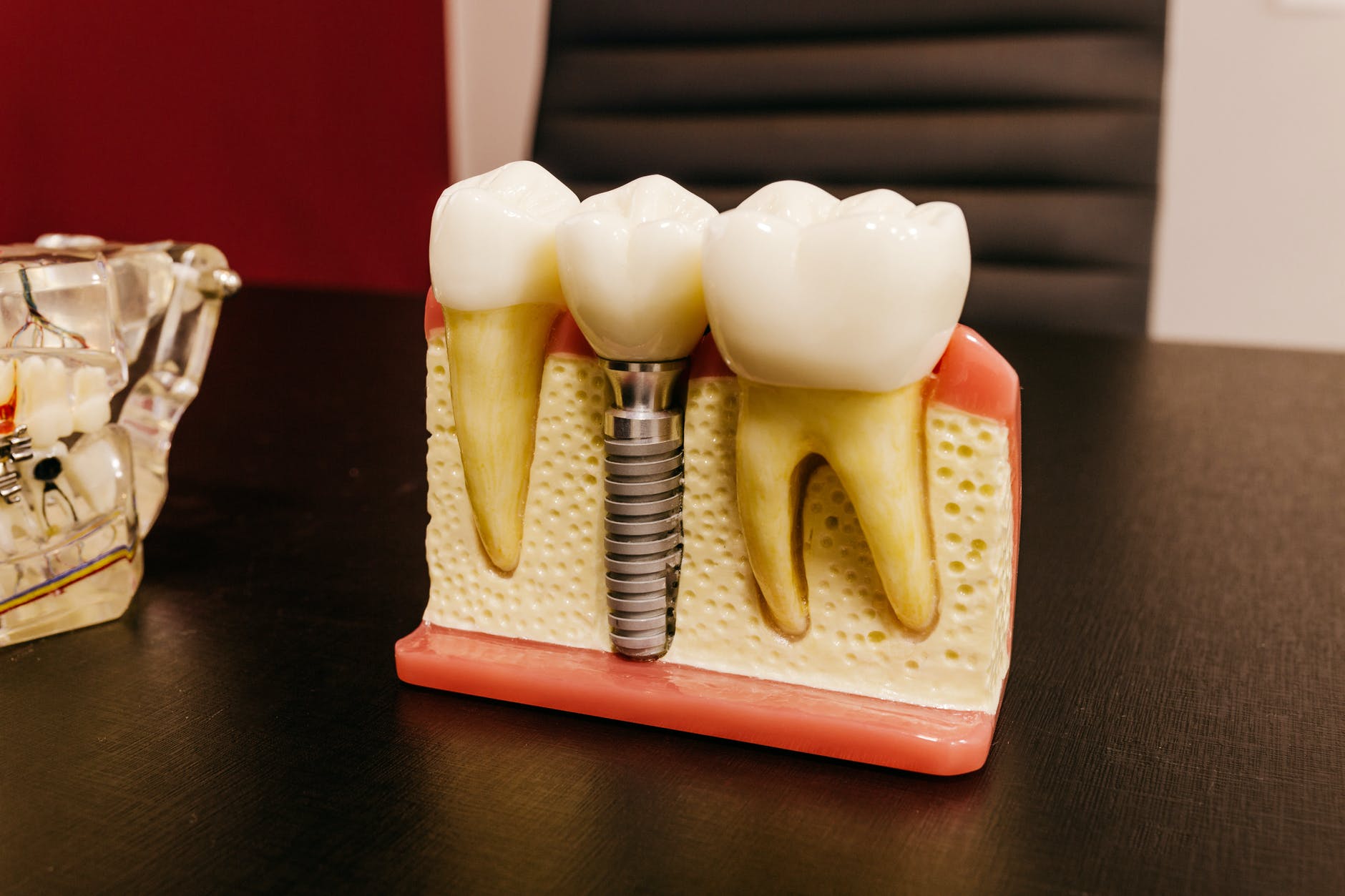


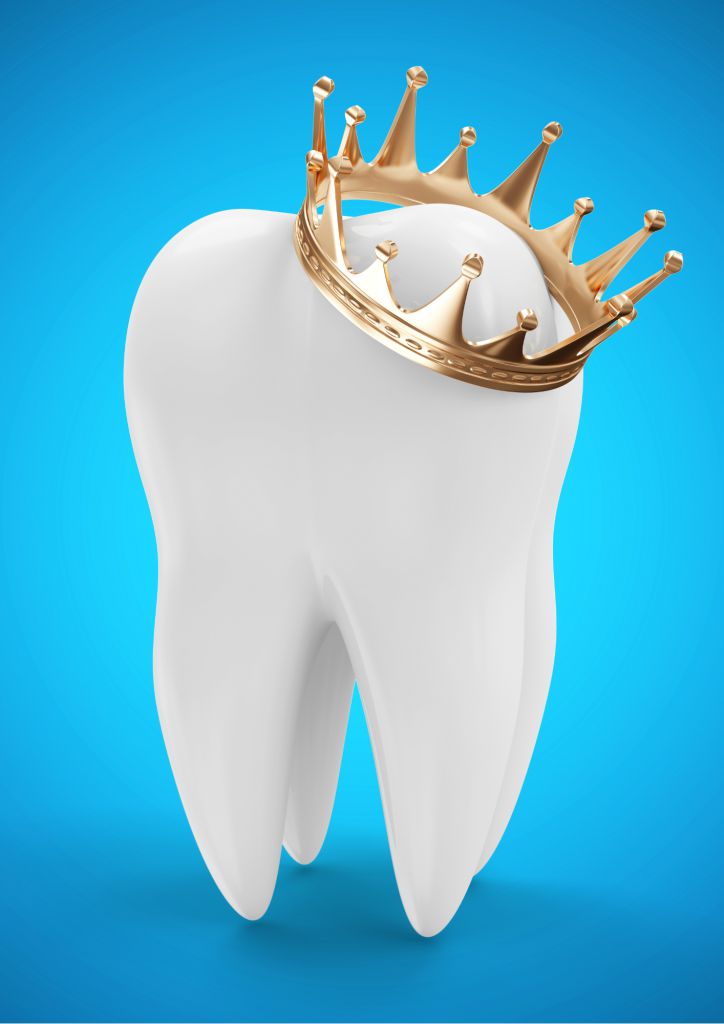



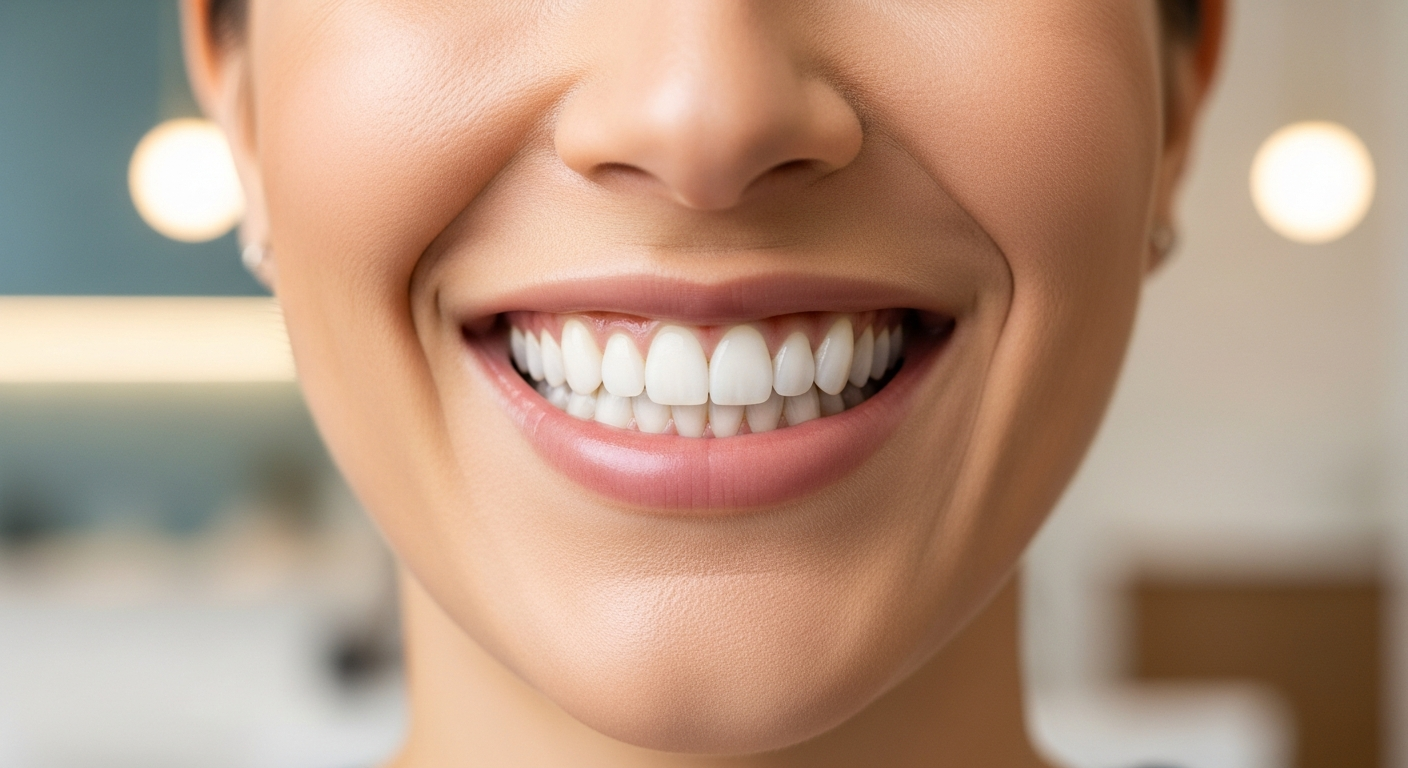



.avif)


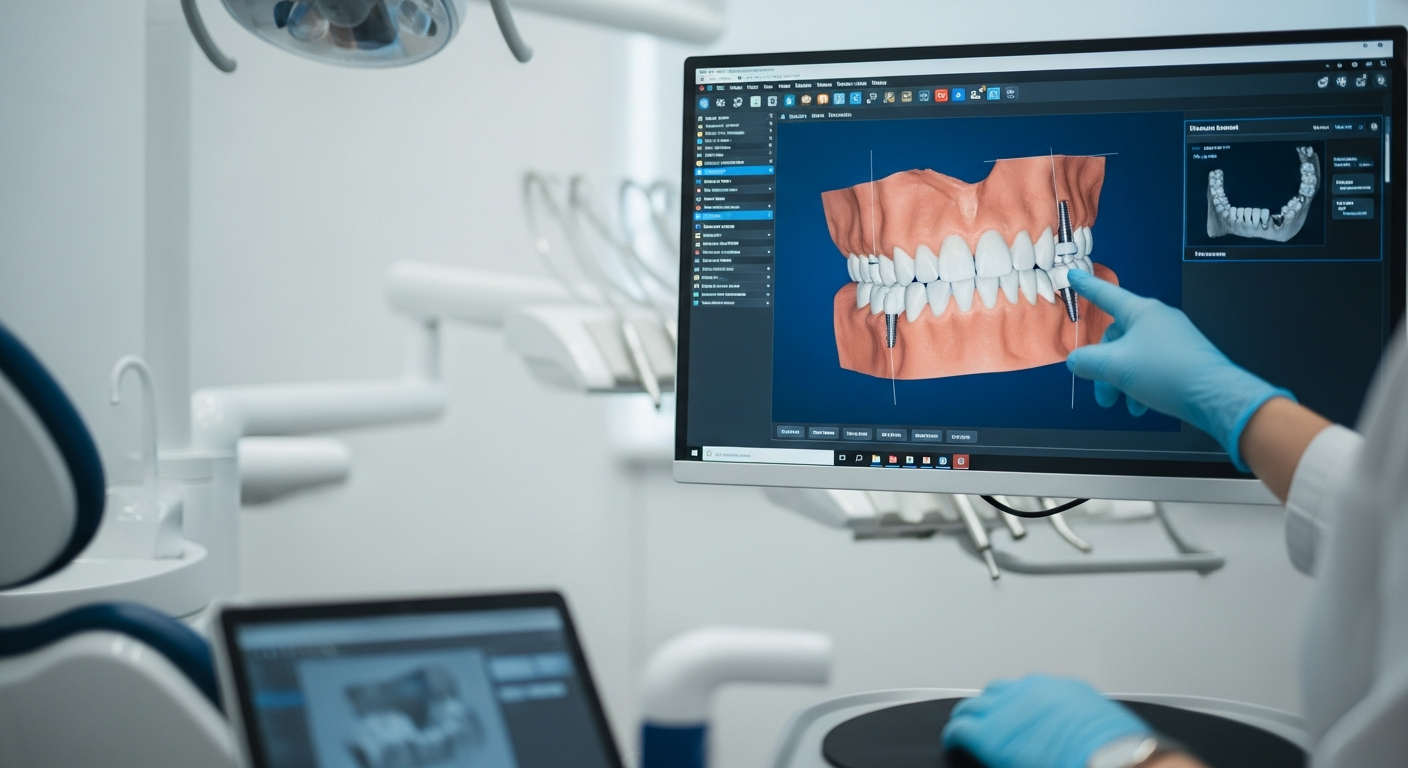



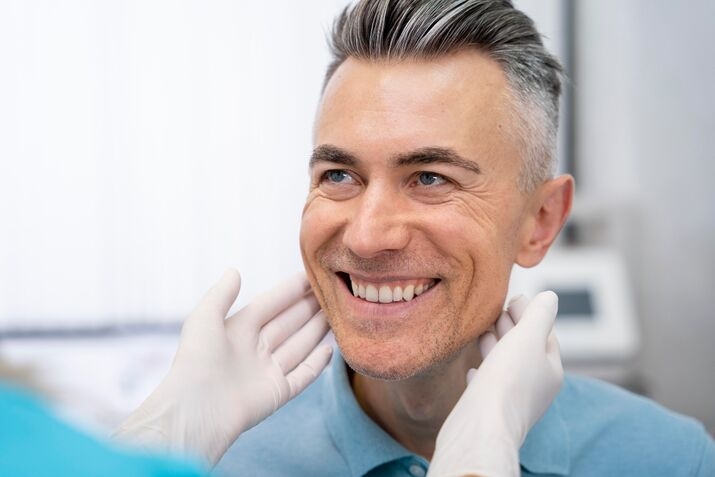
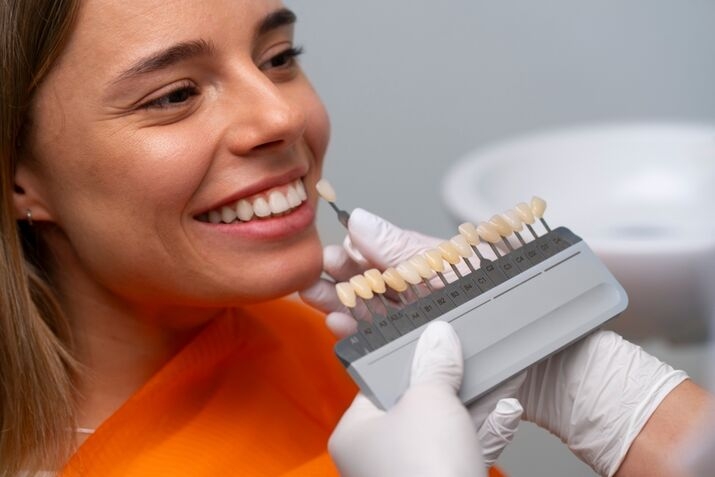
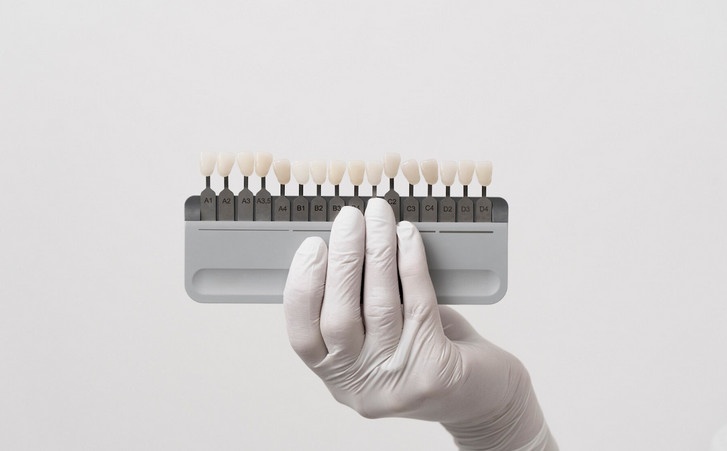

.jpg)

















.avif)


















.jpg)


